Stefan Schulte
SoK: Towards Security and Safety of Edge AI
Oct 07, 2024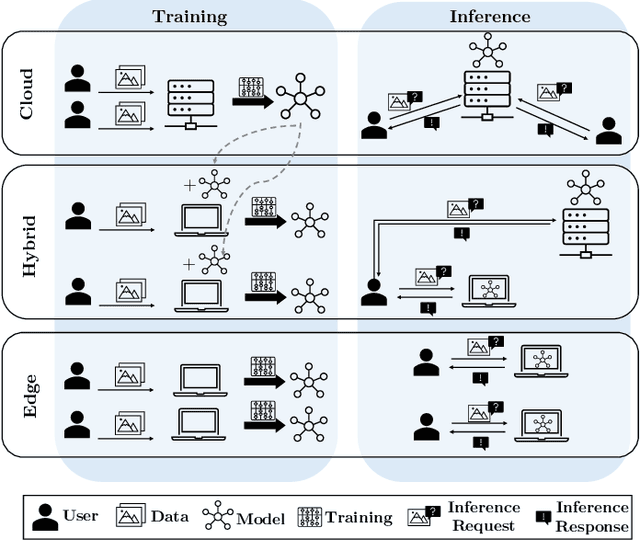
Abstract:Advanced AI applications have become increasingly available to a broad audience, e.g., as centrally managed large language models (LLMs). Such centralization is both a risk and a performance bottleneck - Edge AI promises to be a solution to these problems. However, its decentralized approach raises additional challenges regarding security and safety. In this paper, we argue that both of these aspects are critical for Edge AI, and even more so, their integration. Concretely, we survey security and safety threats, summarize existing countermeasures, and collect open challenges as a call for more research in this area.
Roadmap for Edge AI: A Dagstuhl Perspective
Nov 27, 2021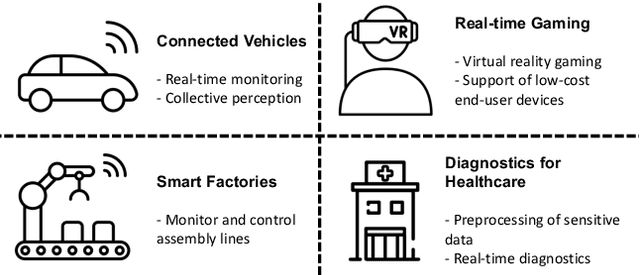
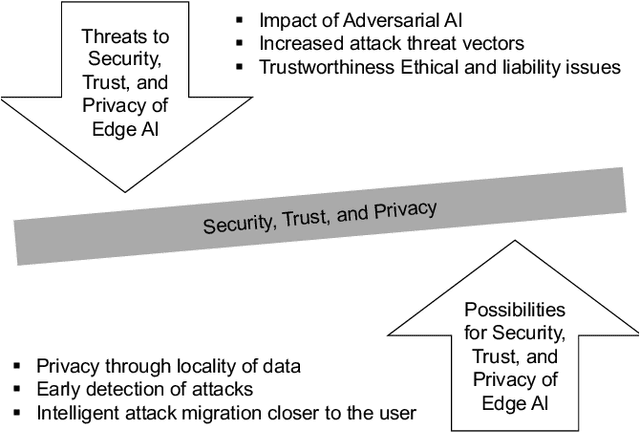
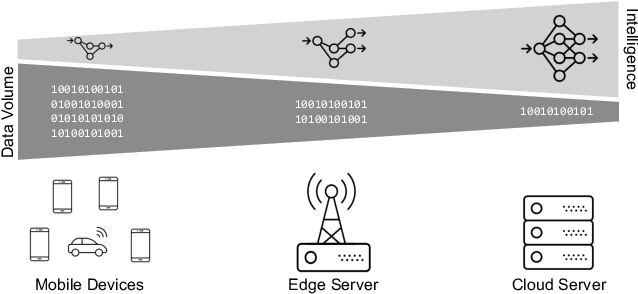

Abstract:Based on the collective input of Dagstuhl Seminar (21342), this paper presents a comprehensive discussion on AI methods and capabilities in the context of edge computing, referred as Edge AI. In a nutshell, we envision Edge AI to provide adaptation for data-driven applications, enhance network and radio access, and allow the creation, optimization, and deployment of distributed AI/ML pipelines with given quality of experience, trust, security and privacy targets. The Edge AI community investigates novel ML methods for the edge computing environment, spanning multiple sub-fields of computer science, engineering and ICT. The goal is to share an envisioned roadmap that can bring together key actors and enablers to further advance the domain of Edge AI.
Industrial Federated Learning -- Requirements and System Design
May 14, 2020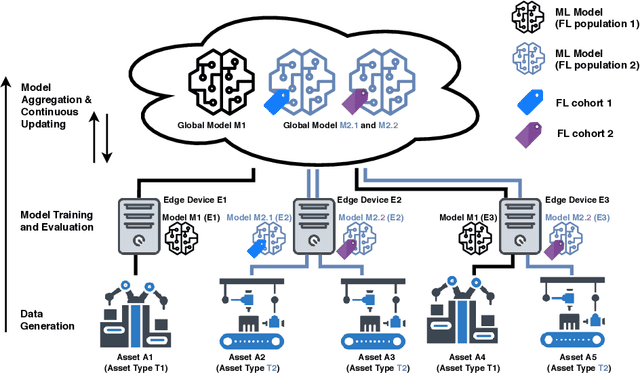
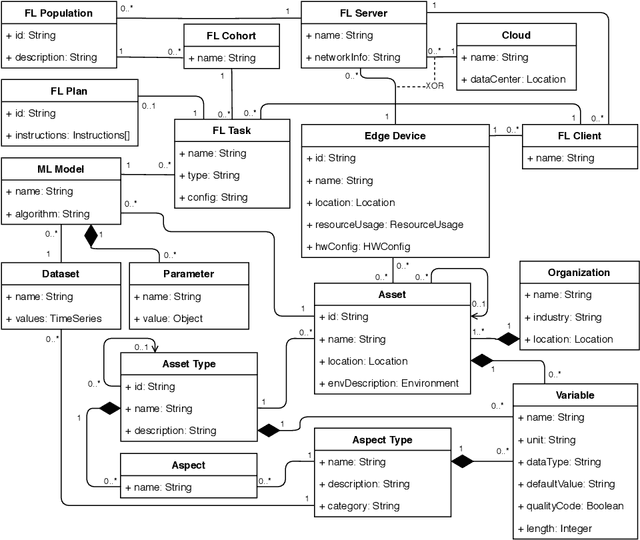
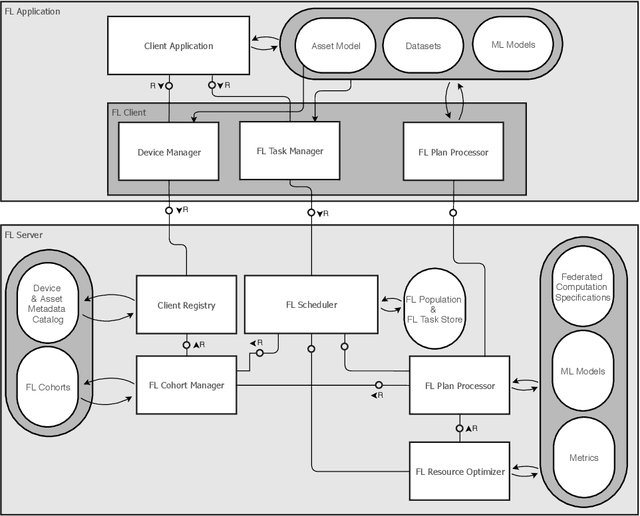
Abstract:Federated Learning (FL) is a very promising approach for improving decentralized Machine Learning (ML) models by exchanging knowledge between participating clients without revealing private data. Nevertheless, FL is still not tailored to the industrial context as strong data similarity is assumed for all FL tasks. This is rarely the case in industrial machine data with variations in machine type, operational- and environmental conditions. Therefore, we introduce an Industrial Federated Learning (IFL) system supporting knowledge exchange in continuously evaluated and updated FL cohorts of learning tasks with sufficient data similarity. This enables optimal collaboration of business partners in common ML problems, prevents negative knowledge transfer, and ensures resource optimization of involved edge devices.
 Add to Chrome
Add to Chrome Add to Firefox
Add to Firefox Add to Edge
Add to Edge